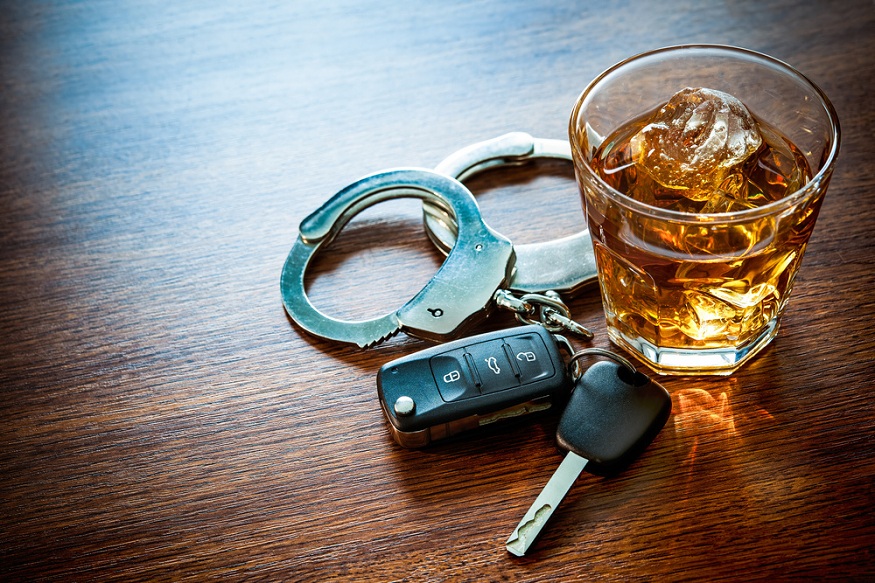One of the long-standing arguments in favor of marijuana legalization is its tendency to reduce consumption of other substances deemed more dangerous. Let us say the argument is correct. What then? Do we promote cannabis as an alternative to alcohol, tobacco, opioids, etc.?
The question posed here is not facetious. It is actually the result of a number of studies suggesting that marijuana legalization does, indeed, have an impact on whether people use other substances. One of the most recently released shows a link between marijuana legalization and less alcohol, tobacco, and non-prescription opioid use among young people.
Marijuana Moment reported extensively on this study in a recent post. That same post mentioned numerous other studies that seem to draw similar conclusions. The underlying consensus is that legalizing marijuana does reduce the frequency with which other substances are used.
Reduced Alcohol Consumption
It stands to reason that legal marijuana could lead to reduced alcohol consumption if users substitute one for the other. Assuming that people drink just because they like the way it makes them feel, replacing alcohol with marijuana does the same thing. The two substances obviously induce different feelings, but both are pleasurable.
The danger here is making the assumption that cannabis is less dangerous than alcohol. We do not know that. We do know the trouble that alcohol can cause. But we have also had a long time to study it. There is still too much we don’t know about cannabis to make the assumption that it is less dangerous.
Reduced Tobacco Consumption
Next up is the idea of marijuana legalization reducing tobacco consumption. Most of us would agree that fewer people smoking is a good thing. But once again, there is a caveat. Smoking anything is bad for your health. Smoking marijuana may not be as bad as smoking tobacco, but do we really know to what degree marijuana smoke may be safer? No.
We know smoking is bad. That is why states like Utah, despite legalizing medical cannabis, still don’t allow smoking. Any cannabis plant material you buy at Salt Lake City’s Beehive Farmacy must either be dry heated or added to recipes at home.
Here is the point: replacing one kind of smoking with another is nothing to celebrate. If smoking is bad, it’s bad. So marijuana legalization reducing smoking rates is only a good thing if those who stop smoking consume cannabis in some non-combustible form. If they are still smoking pot, little has been gained.
Reduced Opioid Consumption
While the links between marijuana legalization and reduced alcohol and tobacco consumption are questionable, the one bright spot is the link between legalized cannabis and reduced opioid consumption. Marijuana and opioids are not on the same plane. They aren’t even close. If young people are using fewer opioids because they have legal access to marijuana, that is a good thing.
We all know the extent of the opioid crisis. We also know that opioid deaths continue to rise year after year. The fact that they are illegal outside of prescription use doesn’t seem to matter. So getting tougher on illicit opioids probably won’t make a difference. If legalized marijuana will, count that as a feather in the pro-marijuana movement’s cap.
It would appear as though marijuana legalization does lead to reduced consumption of other substances. That could be a good thing. However, how we distinguish between dangerous and less dangerous substances shouldn’t be overlooked. Less dangerous does not necessarily mean safe. It also doesn’t mean good. We need to be willing to accept that if we hope to fully understand the implications of legalized marijuana.

